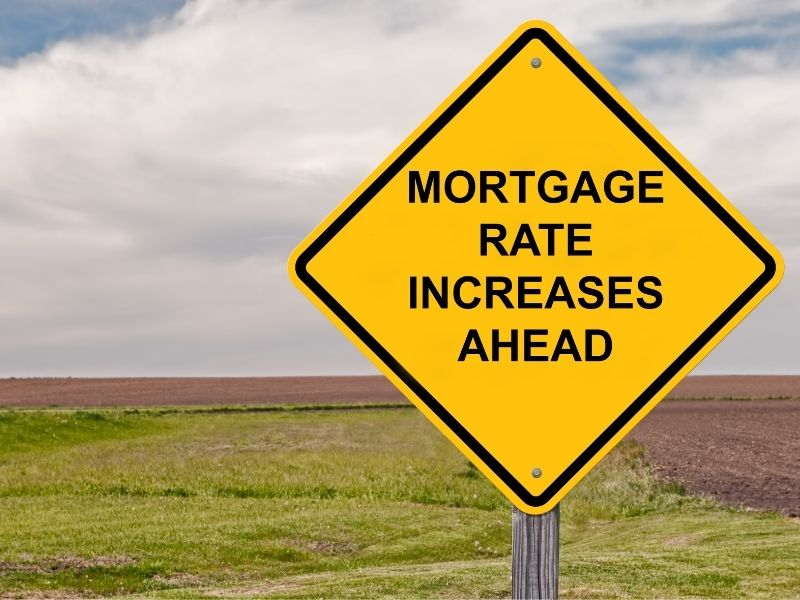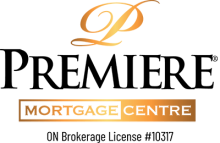With Rates Increasing, You’ll Qualify For A Smaller Mortgage… But Not With All Mortgages
“Either the Mortgage Qualifying Rate” (MQR) or the Contract Rate Plus 2%, whichever is greater”.
The stress test was originally introduced by the federal government as a margin of safety to ensure borrowers would still be able to make their payments should rates rapidly increase, or if they faced a change in circumstances.
As the MQR is 5.25%, once rates go above 3.25%, which for a lot of lenders their fixed rates already have, we’re therefore “stress testing” your mortgage at the contract rate plus 2%.

Mortgage Qualification Example
Your rate is 3.49%, so we’re qualifying the mortgage at 5.49% and not 5.25%. This in turn decreases what you qualify for and therefore your purchase power.
Making A Change To Your Mortgage
Consider the following: Your household income is $110,000. Using the MQR of 5.25%, you qualify today for a mortgage of roughly $544,000 for a condo costing $680,000, with typical property taxes and maintenance fees.
Suppose in a couple of months you want to take a 5-year mortgage and that rate is now 4.25%. The new stress test qualifying rate used would then be 6.25%. And that would reduce your borrowing power by 9%, to roughly $494,000.
The Alternatives:
Variable rates are still low, and low enough that the MQR is still being used for the stress test, keeping your purchasing power higher. However, it should be expected that variable rates will also increase in the coming months, so you’ll need some tolerance for the rate to go up. If you’re on a tight budget a variable may not be for you, even with the increased flexibility it offers.
Some credit unions and alternative lenders offer “no stress test” products. This means they qualify you at the contract rate instead. While this can increase purchasing power, typically the cost of this is a higher overall contract rate to you, meaning you pay more every month.
Takeaways And Considerations
Rates have been unnaturally low for the past few years during COVID, and no one ever expected them to stay around forever as they weren’t sustainable.
We were always stress testing your mortgage, so even with the low rates, we were showing your income could afford a higher payment. Staying within your means and picking the mortgage product and term that works best and makes the most financial sense to you is key.
If you don’t think you can stomach the change coming, then a 5 year fixed may be best for peace of mind, but always be cautious about potential penalties that can be charged should you break the mortgage in the middle of the term.
Using a broker like myself can help you work out what the best options available for you will be.
Tim Ward, Collingwood Mortgage Broker.










